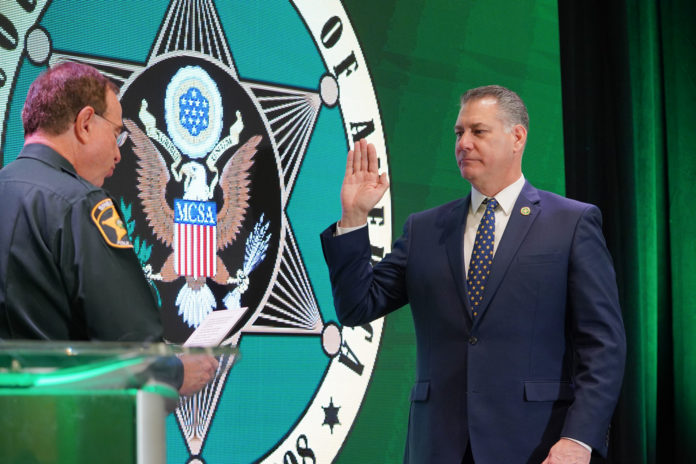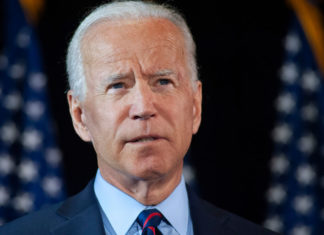MEDFORD, Mass. — The constant discussion of COVID-19 in America has been changed in the last few weeks to an ongoing discussion of race. People in law enforcement throughout the United States are reassessing their policies and approaches as a result of the widespread protests spurred on by the death of George Floyd. Among them is Peter Koutoujian, the sheriff of Middlesex County, the most populous county in Massachusetts. His office primarily is involved in corrections, not patrols, with custody of pre-trial and sentenced detainees.
Koutoujian exclaimed in an interview on Monday, June 15, “I was stunned and I was absolutely appalled when I saw the video of George Floyd, and many of the other videos that have been brought to light on incidents that occurred both before and after George Floyd. Probably even more importantly, to me it was just an incredible sense of sadness to watch someone pleading for his life and dying in a manner that was so preventable. There is no conceivable way for me, a person in law enforcement, to understand or condone what happened. There is no excuse for what happened.”
He said the whole incident still affects him greatly now and pointed out that that a similar situation occurred in 2014 when Eric Garner was also pleading with police that he could not breathe and died. Koutoujian said, “This is a set of issues that are not just suddenly here. They have been around for many years, decades, and generations, quite honestly, so when I see the concern and outrage by communities, I can understand why they can be so upset.”
He said that there were dozens of protests throughout Middlesex County over the last few weeks and to his knowledge, none led to any incidents of violence or property damage.
“I completely support those who are peacefully protesting and support and understand what they are doing completely,” he said, but added the caveat that “using violence, looting or vandalizing is not acceptable.”
He noted that there are also those trying to take advantage of these situations to bring about violence but they are not there for the message, while the true protesters are trying to focus on the message and urge people not to commit violence.










